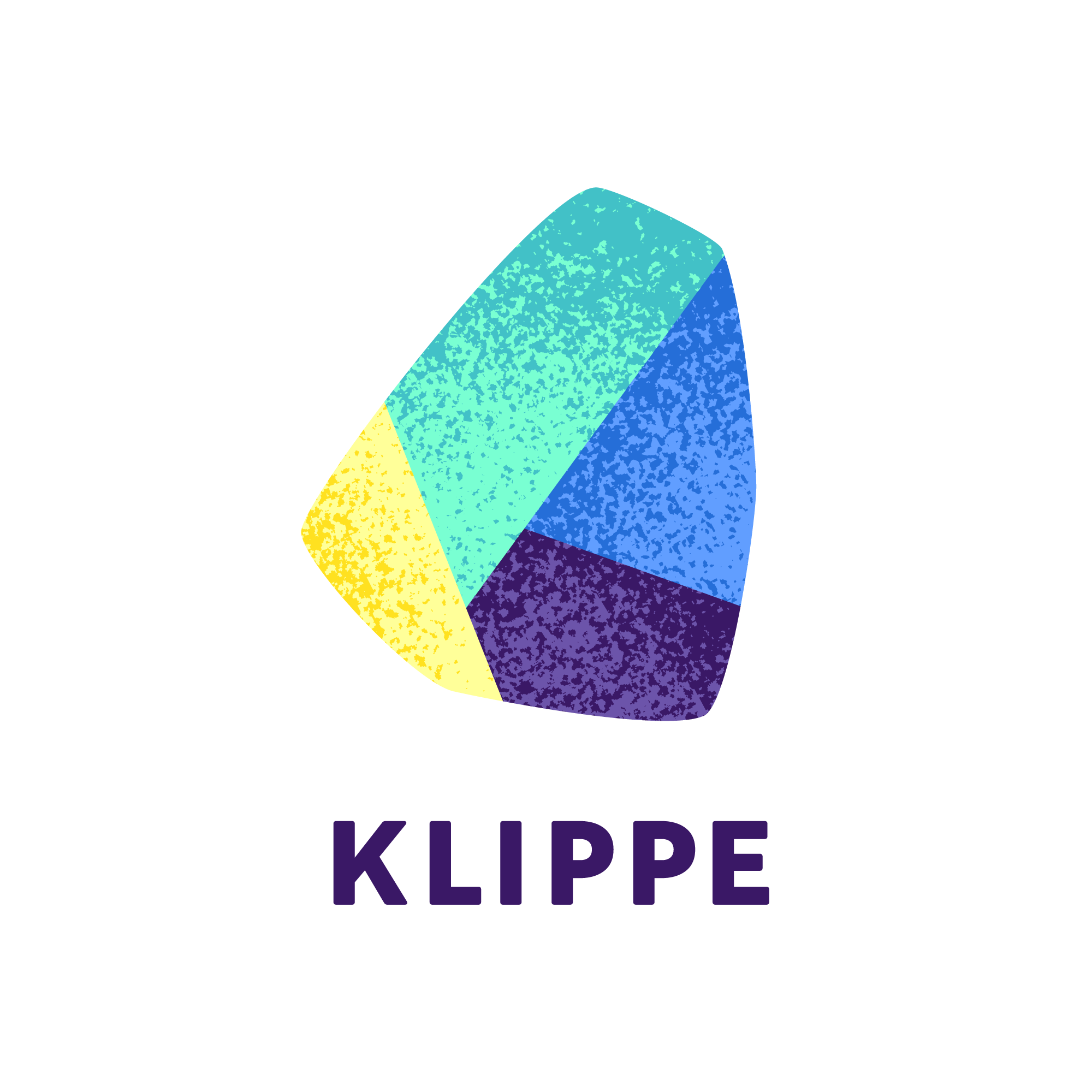Purchasing e-learning isn’t as straightforward as picking up a bag of oranges from the market – a pity indeed! The journey of e-learning development begins with a conversation, leading to several more. But, how exactly do you locate the perfect e-learning development company? How can you craft a proper tender? What are the key questions and responses needed from the initial discussion through project planning to finalising the order? What topics warrant discussion and which should be avoided during e-learning development preparation? Join us in this Journal entry as we navigate through these crucial queries to uncover the best solutions.
How Do Clients and E-learning Development Companies Connect?
Firstly, let’s clarify what we mean by e-learning curriculum in this article: we mean interactive multimedia materials tailored for individual learning, not just digitised PDFs. We’re referring to solutions with a rich educational background, drawing from various disciplines to produce a comprehensive learning experience.
How do we go about finding the right e-learning development company? For smaller organisations, it’s often simpler; they might receive a call or email, or stumble upon potential partners via social media or websites.
In larger organisations, internal protocols typically dictate the process, outlining formal frameworks for internal training, which e-learning can enhance. This is where tenders or calls for tender play a crucial role. The format of such requests varies, usually depending on the size of the organisation.
What to Consider When Writing an E-learning Development Tender?
Your e-learning project budget is finally approved, and you’re all set to train your team. Now, the next step is to craft the tender. But how do to go about it?
The more detailed your information, the more accurately the e-learning development company can provide a quote. Tangible data such as the volume of learning material (e.g., learning hours) or logistical considerations like the availability of colleagues for training, are immensely helpful in the tender process. The company can then evaluate if the proposed time frame aligns with the content’s complexity and feasibility.
In addition to measurable details, methodological inquiries are invaluable. These may include identifying the target audience, specifying learning objectives and goals, and outlining the desired level of interactivity. While these factors might not significantly impact pricing, they offer crucial insights for the development process.
Furthermore, specifying exclusions can streamline communication. For instance, stating preferences against certain design elements, like drawn characters, due to company image or industry appropriateness, can save time and ensure alignment with expectations. Similarly, indicating preferences for quiz-based or formal language can prevent misunderstandings and guide the developer’s focus effectively.
Consider how e-learning will function for you. Are you aiming for accessibility on mobile devices? And which browsers should it be compatible with? It’s essential to engage with your organisation’s IT team to define the technical specifications you require for your e-learning courseware before submitting your application.
Offering a submission template for the RFP (Request for Proposal) to the e-learning developers is wise. Without it, comparing proposals can become a cumbersome task, potentially dragging the evaluation process on for months.
An often overlooked step is disclosing the budget, but it’s beneficial to establish a budget range in the tender. This allows developers to gauge if they can meet the requirements within that price range. It simplifies the bid comparison process, ensuring that only relevant bids are selected for consideration.

Comparing E-learning Systems
E-learning systems are software providing the framework for the entire e-learning process. There is now a wide range of possibilities on the market, and the question often arises as to what to choose. We’ll try to help!
Read more!Bridging the E-Learning Jargon Gap
Since the vocabulary isn’t always familiar, the e-learning developer must adapt to the customer’s level of understanding. For a client entirely new to this domain, concepts like learning environments may be alien. In such cases, the developer won’t dive into questions about implementing gamification or storytelling but will instead focus on understanding the client’s needs through guided inquiries.
Conversely, clients with extensive e-learning experience might inquire about terms like Learning Record Stores or the xAPI standard. E-learning developers typically provide clients with guided questions and checklists to facilitate successful collaboration. However, as the procuring party, it’s beneficial to familiarise yourself with e-learning terminology to enhance transparency and streamline communication.

Understanding the E-Learning Development Process
From the outset, clarity on terminology is crucial. For instance, what constitutes video and multimedia content can vary in the e-learning context. Through collaborative discussions, the client and e-learning development company will devise a concept, and once a price is agreed upon, project work commences.
While some training materials may require 40 to 50 hours of development, others might demand 700 to 800 hours. It’s imperative that this time investment isn’t squandered. Despite differing project durations, fundamental issues and technological/methodological concerns remain consistent, as both curricula aim to educate.
The question inevitably arises: How can you, as the client, ensure that the end result aligns with your vision? This is somewhat subjective; factors like aesthetics and brand alignment come into play. Hence, e-learning development necessitates multiple phases of validation. Throughout the process, there are numerous checkpoints where the client can review progress, encompassing the concept, graphic designs, and scenarios, among other elements.
Crafting the Course Design
Clients usually arrive with a design guide, though its comprehensiveness varies. Sometimes, it merely outlines colours and logo usage, while in rarer cases, clients detail design requirements for e-learning. Generally, the e-learning development company presents several options and versions for consideration, allowing for collaborative refinement until the final result is achieved together.

What Can an LMS Do? Key Features of E-learning Systems
E-learning systems offer user-friendly interfaces packed with useful features. These include knowledge and training management, notifications, reporting tools, certificate generation, and communication interfaces, all designed to streamline the learning and teaching experience.
Read More!Your Own Team for E-learning Development
You might be curious about the possibility of involving your own colleagues in e-learning development. While not always customary, it’s worth exploring. Your colleagues possess intimate knowledge of your company’s inner workings, which can prove invaluable during the development process. Although the e-learning company may understand the subject matter or your company to some extent, your internal team brings unique insights that can significantly enhance teamwork, efficiency, and effectiveness.
Need Any Help?
If you are considering e-learning development or creating learning materials, reach out to us, and we’ll guide you towards the optimal solutions! Don’t hesitate to get in touch, even if resources are scarce – with expert support, you can minimise effort and costs!
If you found this article helpful, stay updated with our latest articles by following us on Facebook or LinkedIn!
Feel free to contact us using the details below! ⬇️
Who Are We?
We are digital education experts and software developers, following trends and offering innovative solutions in our learning materials and systems. We have been providing digital training, creating complex e-learning materials and implementing systems for X years.
Klippe Learning’s team will create the digital teaching and learning solution you’ve been dreaming of – or we’ll dream it for you if you don’t know exactly what you need. Custom content, creative and motivating methods, a platform tailored to you.
How Can You Reach Us?
To find out more about our bespoke learning materials, e-learning systems, training courses or to request a quote, please contact us:
 contact us via the form on the right!
contact us via the form on the right!
 or call us:
or call us:
 or send an email:
or send an email:




